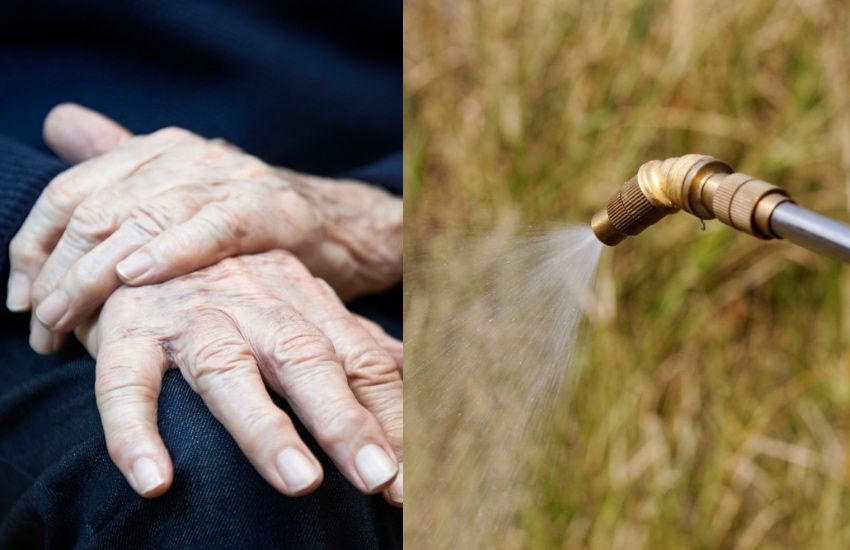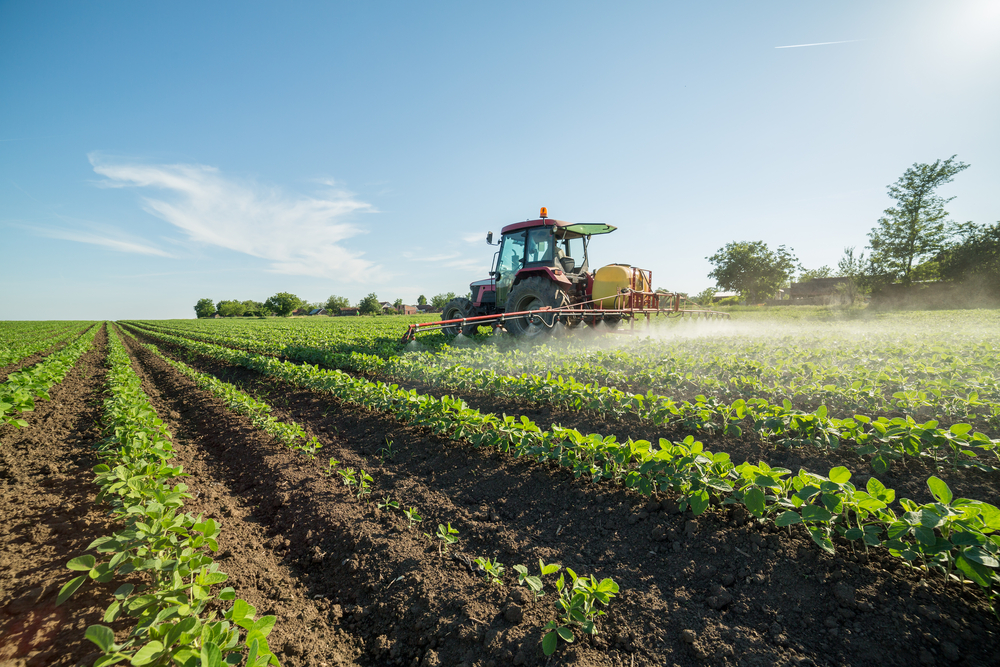


The States have said they are unaware of any historical incidences involving the chemical paraquat, also known under the brand name Gramoxone, which is a highly toxic synthetic herbicide.
Paraquat has been banned in the European Union, including the UK and Guernsey, since 2007 because of neurotoxicity concerns.
The chemical was on the local list of approved pesticides in the Poisonous Substances Ordinances from 1962 to 1980, which means it was potentially in use at the time in Guernsey – including up to 2007.
The Health and Safety Executive of the States said while no records of sales or imports exist from that period “we would expect that paraquat was used extensively given its powerful herbicidal effect”.
The Huddersfield-based manufacturer, Syngenta, strongly rejects the claims - arguing there is no scientific link between the chemical and Parkinson’s disease.

Pictured: Paraquat is one of the world's most popular herbicides.
The Health and Safety Executive said: “We have no local evidence of historical issues with paraquat. Paraquat poisoning is not a reportable occupational disease under Section 9 of the Health and Safety at Work (General) (Guernsey) Ordinance, 1987 and the associated Health and Safety at Work (Prescribed Diseases) Regulations 1987 and 2021."
They added that whilst there are no work-related deaths linked to paraquat in public records, there may be evidence of deaths or illnesses in the public within the annual reports of the Medical Officer of Health.
“The main reason for the ban was on human health grounds, as the concentrated form… is toxic to people by ingestion and inhalation, and to a lesser effect by absorption through the skin,” they said.
“While Paraquat can persist in the soil for several years, it is often in a deactivated form as it binds strongly to soil particles, particularly clay.
“There were no steps taken to maintain authorisation in Guernsey."
Comments
Comments on this story express the views of the commentator only, not Bailiwick Publishing. We are unable to guarantee the accuracy of any of those comments.